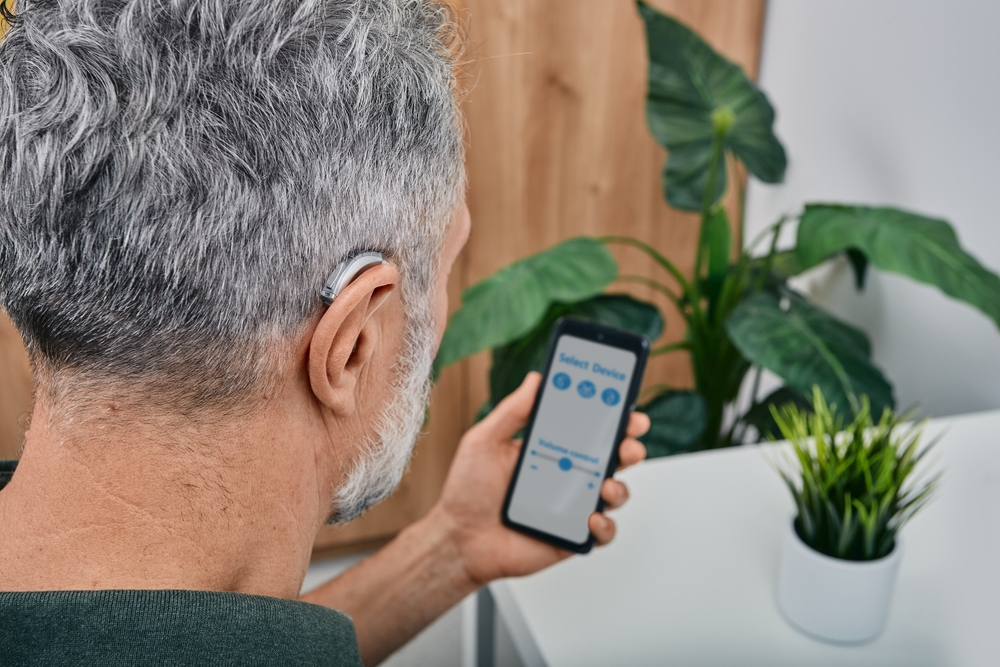
Even slight hearing loss can considerably impact everyday life, influencing interactions with friends, family, and colleagues, as well as complicating routine tasks like grocery shopping. But transformative changes can be brought about by the use of correctly tuned hearing aids.
Ten reasons why you should think about hearing aids
Even though improving hearing is the obvious and primary advantage of hearing aids, their positive effect goes way beyond that. The following will thoroughly outline those benefits.
Improved relationships and communication
Clear communication is the basis of meaningful relationships. Untreated hearing loss often contributes to lost conversations and misunderstandings, which can stress relationships. Hearing aids permit you to fully participate in conversations, improving your ability to interact with others and reducing feelings of separation or disappointment.
Enhanced independence
Untreated hearing loss leads to barriers in communication causing activities like buying groceries to become challenging. Hearing aids empower you to navigate these situations independently by improving your ability to hear and understand speech in various environments. This increased independence extends to activities like driving, where enhanced situational awareness leads to safer experiences.
Potential for higher income
In professional settings, effective communication is crucial. Your job efficiency and career development can be diminished by untreated hearing loss which can affect how you participate in meetings and other work-associated gatherings. You can increase your productivity, which can, in turn, bring about career opportunities, by using hearing aids to stay more alert and engaged.
Reduced Tinnitus Symptoms
Tinnitus, characterized by ringing in the ear, often accompanies hearing loss. Hearing aids can offer relief from tinnitus for some people by masking symptoms.
Mitigated cognitive decline
Some research has revealed a link between neglected hearing loss and mental decline, including dementia. It’s possible that utilizing hearing aids to manage neglected hearing loss can reduce the chance of cognitive impairment and help sustain the overall health of the brain.
The enjoyment of music
Hearing loss can alter the perception of music, making it less pleasurable. Hearing aids restore the fullness and depth of musical sounds by compensating for frequency gaps, allowing you to rediscover the excitement of listening to your favorite songs.
Increased confidence
Whether you’re in a social or professional situation, being able to hear better will give you more confidence. Your overall quality of life will be improved and you will feel more capable when you can communicate better.
Having more energy
Neglected hearing loss pushes the brain to work extremely hard to fill in missing sound which can be mentally draining. With hearing aids, you won’t feel so tired and will be able to participate in all of those activities that you enjoy.
Awareness and safety can be enhanced
Awareness of one’s environment is crucial for safety, whether it’s crossing the road or driving a car. Hearing aids restore environmental sounds, such as approaching vehicles or alarms, ensuring that you can react properly and safely.
Establishing an example that is positive
Embracing hearing aids displays a proactive approach to health and well-being, establishing a positive example for other people dealing with similar difficulties. It inspires individuals around you by revealing a commitment to personal improvement and growth.
Schedule a hearing test today
While the chief advantage of hearing aids is to enhance auditory perception, the ripple effects on other facets of life are profound. Whether it’s fostering stronger relationships, increasing independence, or protecting cognitive health, the decision to wear hearing aids is a step towards a more fulfilling and engaged life.
Take the first step towards hearing better today by scheduling a hearing assessment with us.